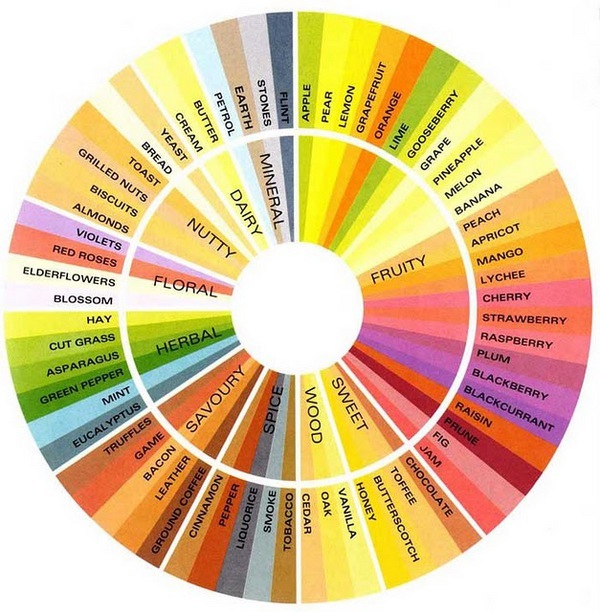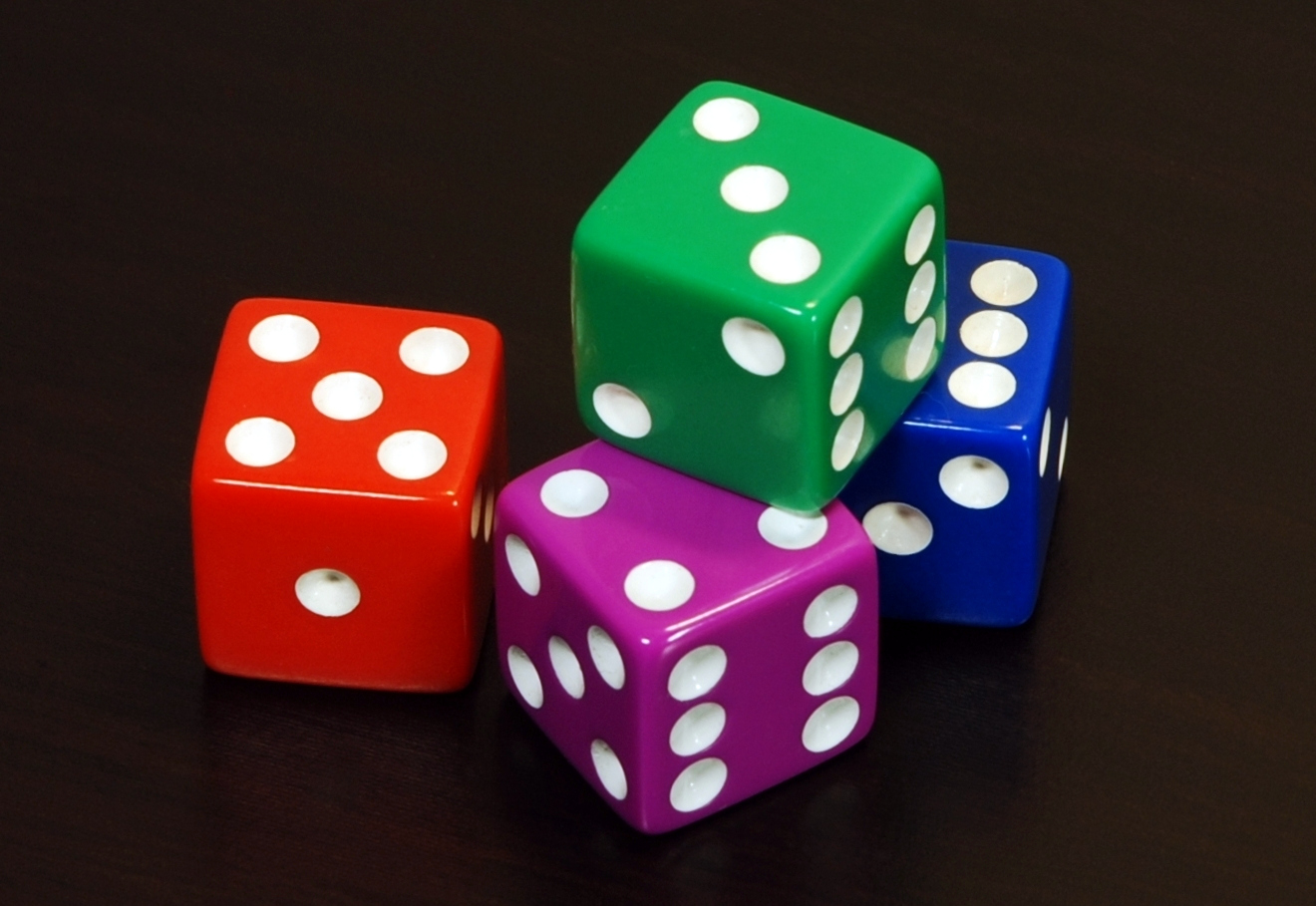After a hiatus, I am back. After reading a (or should I say the since it is at the same time big and focusing on many different lesser known topics) biography about one of the most influential writers of the 20th century, I found out in the quoted references that Sheridan Le Fanu, one of the first writer of vampire fictions, wrote a novel entitled Green Tea. With a name like that and even if it is far away from my usual topics here on this blog, I had to look for it and read it.
I didn’t find it was such a good novel (I found some parts of it were a kind of lower Sherlock Holmes with some fantastic in it) but green tea does play a role in it.
For example, Mr Jennings, the one around whom the story resolves writes a book at night and to drink tea
“I believe, that every one who sets about writing in earnest does his work, as a friend of mine phrased it, on something—tea, or coffee, or tobacco. I suppose there is a material waste that must be hourly supplied in such occupations, or that we should grow too abstracted, and the mind, as it were, pass out of the body, unless it were reminded often enough of the connection by actual sensation. At all events, I felt the want, and I supplied it. Tea was my companion—at first the ordinary black tea, made in the usual way, not too strong: but I drank a good deal, and increased its strength as I went on. I never experienced an uncomfortable symptom from it. I began to take a little green tea. I found the effect pleasanter, it cleared and intensified the power of thought so, I had come to take it frequently, but not stronger than one might take it for pleasure. I wrote a great deal out here, it was so quiet, and in this room. I used to sit up very late, and it became a habit with me to sip my tea—green tea—every now and then as my work proceeded. I had a little kettle on my table, that swung over a lamp, and made tea two or three times between eleven o’clock and two or three in the morning, my hours of going to bed.”
And tea has something to do with what happens to him (or not, I find the end rather really open).
“By various abuses, among which the habitual use of such agents as green tea is one, this fluid may be affected as to its quality, but it is more frequently disturbed as to equilibrium. This fluid being that which we have in common with spirits, a congestion found upon the masses of brain or nerve, connected with the interior sense, forms a surface unduly exposed, on which disembodied spirits may operate: communication is thus more or less effectually established. “
This might surprise you but the explanations for these two extracts and the whole atmosphere is for me twofold.
On the one hand, tea was not seen as something with only beneficial effects. I found an essay written at the beginning of the 19th century (1808) by a C. L. Cadet, a French pharmacist and even if Le Fanu lived later (1814-1873), I think some of these ideas were still alive later on (even more with the whole focus on nervous disorders that was common in the second half of the 19th century.
Even if Mr Cadet sees some uses for tea as a medicine (but prefers to use non English plants), some quotes are quite interesting (I have no further references to the books he mentions).
Koempfer, who best described this production assures (Amcen. eccot., pag. 606) that fresh tea taken in strong infusion gives dizziness, nervous convulsions.
[…]
Geoffroy reports that the tea, taken in abundance, gave insomnia, dizziness and convulsive movements in all the limbs.
[…]
Simon Pauli regards it as very harmful to asthmatics with pituitary, delicate breasts, and those with sensitive nerves. Cullen attributes the good effects of tea to hot water, but rejects tea taken in isolation as having too much effect on the nervous system, producing “spasms and tremors.
Finally, Buchan says positively that people of letters should refrain from drinking tea, because it is the most abundant source of nervous diseases.
C.L. Cadet, Le thé est-il plus nuisible qu’utile? Ou Histoire analytique de cette plante, Paris 1808
On the other hand the era where Le Fanu lived was filled with beliefs in spiritualism and other similar phenomenons (just look at the biography of Sir Arthur Conan Doyle to see a good example of it).
The mix of both producing the supernatural effect of green tea that opens your perception of something else.
I don’t know for you but I think that after that I might stick to the other colours of tea just in case some of what Le Fanu wrote might be true.



Recent Comments